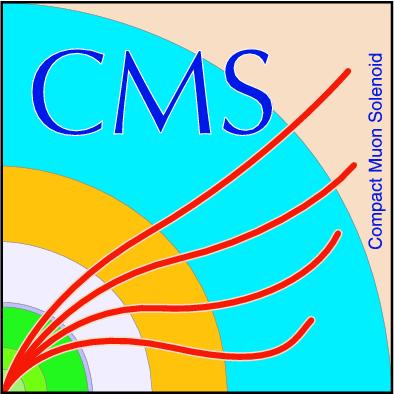
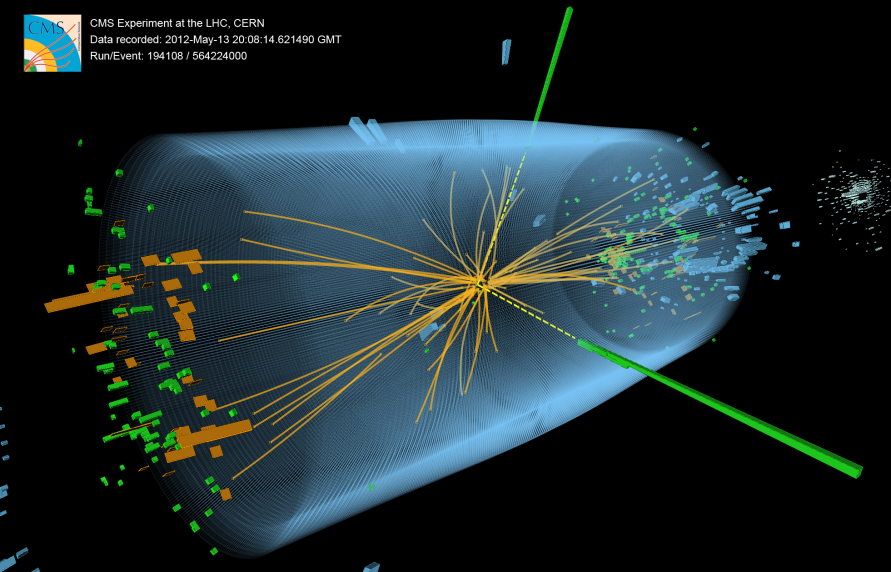
Compact Muon Solenoid
LHC, CERN
| CMS-PAS-HIN-20-002 | ||
| Elliptic anisotropy measurement of the f$_0$(980) hadron in proton-lead collisions and evidence of its quark-antiquark composition by CMS | ||
| CMS Collaboration | ||
| 2 September 2023 | ||
| Abstract: Despite its discovery half a century ago, the question about the quark content of the $ \rm{f}_0(980) $ hadron has not been settled, whether its being an ordinary quark-antiquark meson, a tetraquark exotic state, a kaon-antikaon molecule, or a quark-antiquark-gluon hybrid. In this note, evidence that the $ \rm{f}_0(980) $ hadron is an ordinary quark-antiquark meson is reported, by employing the number-of-constituent-quark (NCQ) scaling of elliptic flow anisotropies ($ v_2 $), empirically established by conventional hadrons up to transverse momentum ($ p_{\rm {T}} $) of about 10 GeV/$ c $ in relativistic heavy ion collisions. The $ \rm{f}_0(980) $ is reconstructed via the invariant mass of its main decay channel $ {\rm{f}_0(980)} \to \pi ^ + \pi ^ - $ in proton-lead collisions recorded by the CMS experiment at the LHC. The $ \rm{f}_0(980) $ yield is measured relative to the second-order symmetry plane as reconstructed from the energy deposited in the forward/backward region of the CMS detector, and its $ v_2 $ parameter is extracted as a function of $ p_{\rm {T}} $. It is found that the $ \rm{f}_0(980) $ explanation as an ordinary quark-antiquark state is preferred over a tetraquark or $ {\rm{K}\overline{K}} $ molecule hypothesis at 7.7, 6.3, or 3.1 standard deviations in the $ p_{\rm {T}} < $ 10, 8, or 6 $ \rm{GeV/c} $ ranges, respectively. The quark-antiquark hypothesis is also preferred by 3.5 standard deviations over the $ p_{\rm {T}} < $ 8 GeV/$c$ range for $ n_{\rm{q}}= $ 3, characteristic of a quark-antiquark-gluon hybrid state. The first determination of the $ \rm{f}_0(980) $ state quark content with high confidence using this novel approach advances the study of quantum chromodynamics, the fundamental theory governing the physics of hadrons. | ||
|
Links:
CDS record (PDF) ;
CADI line (restricted) ;
These preliminary results are superseded in this paper, Submitted to NP. The superseded preliminary plots can be found here. |
||

|
Compact Muon Solenoid LHC, CERN |
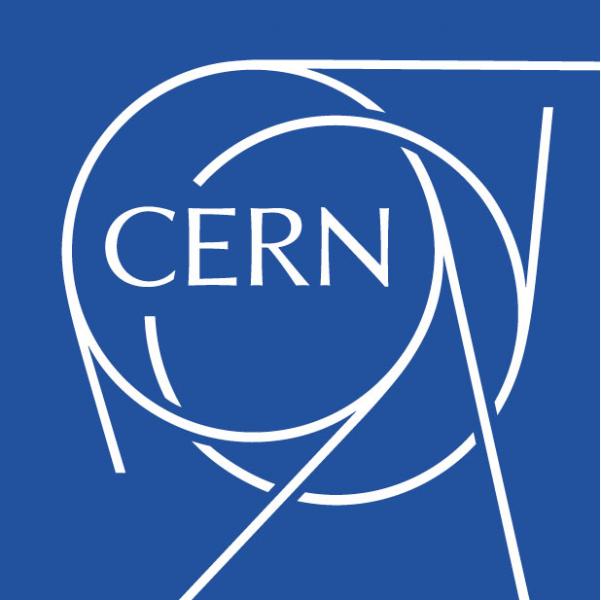
|
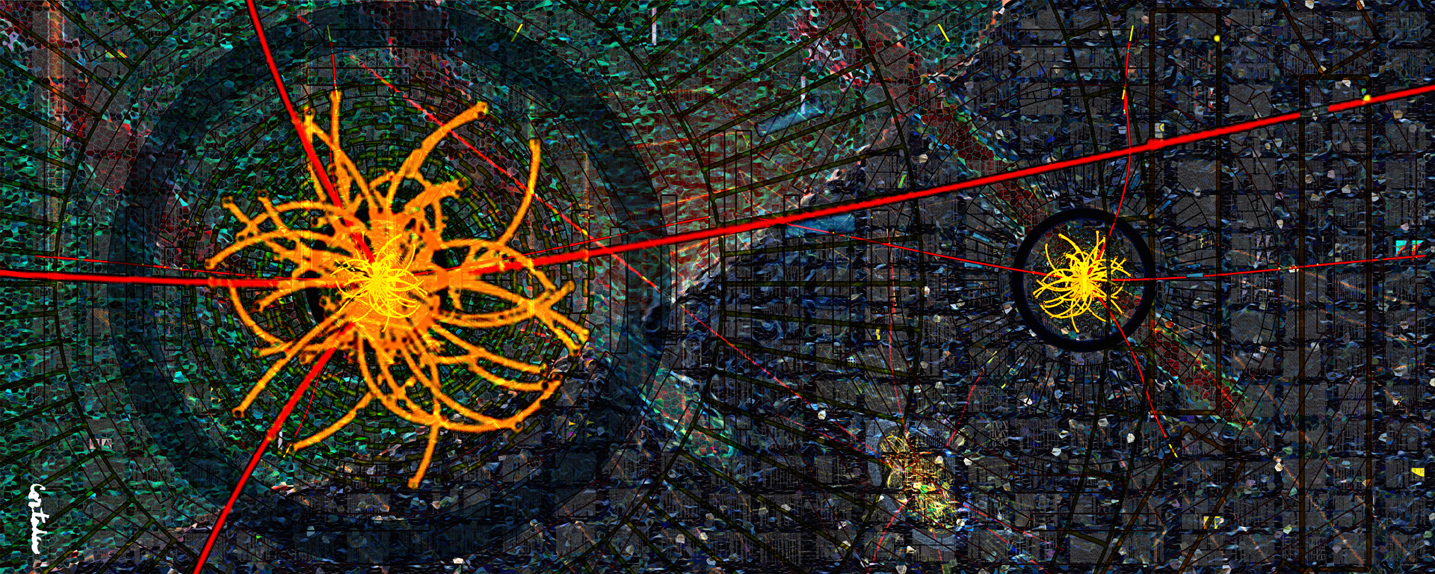
|
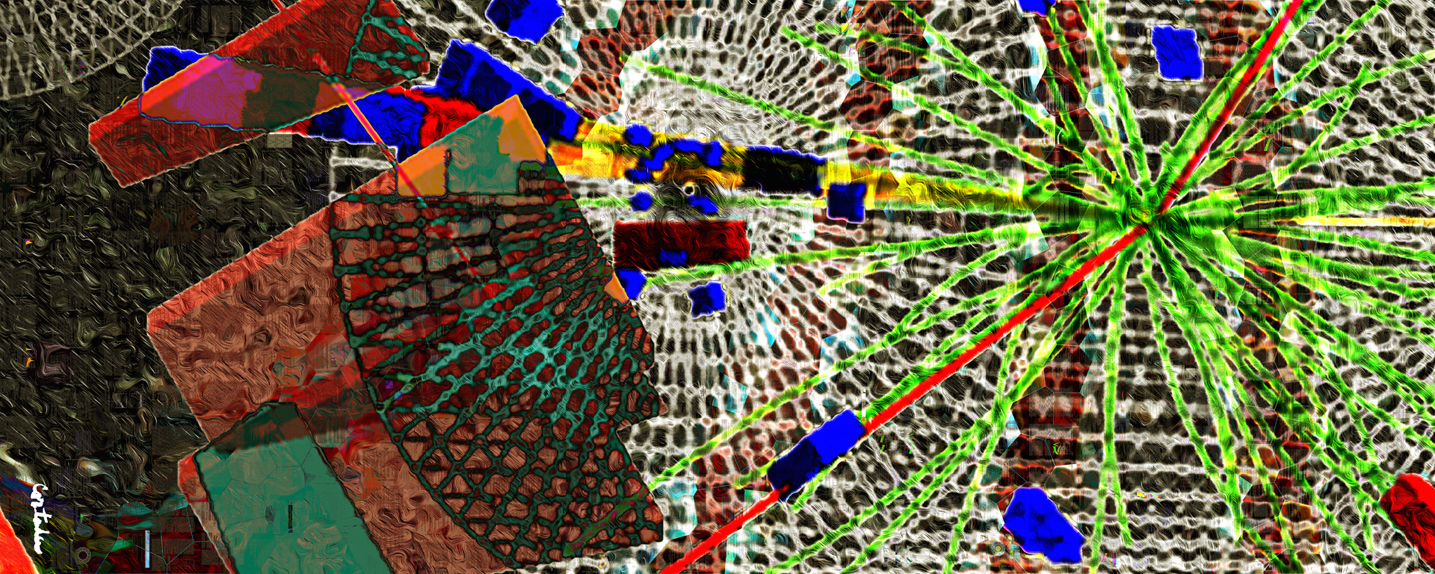
|

|
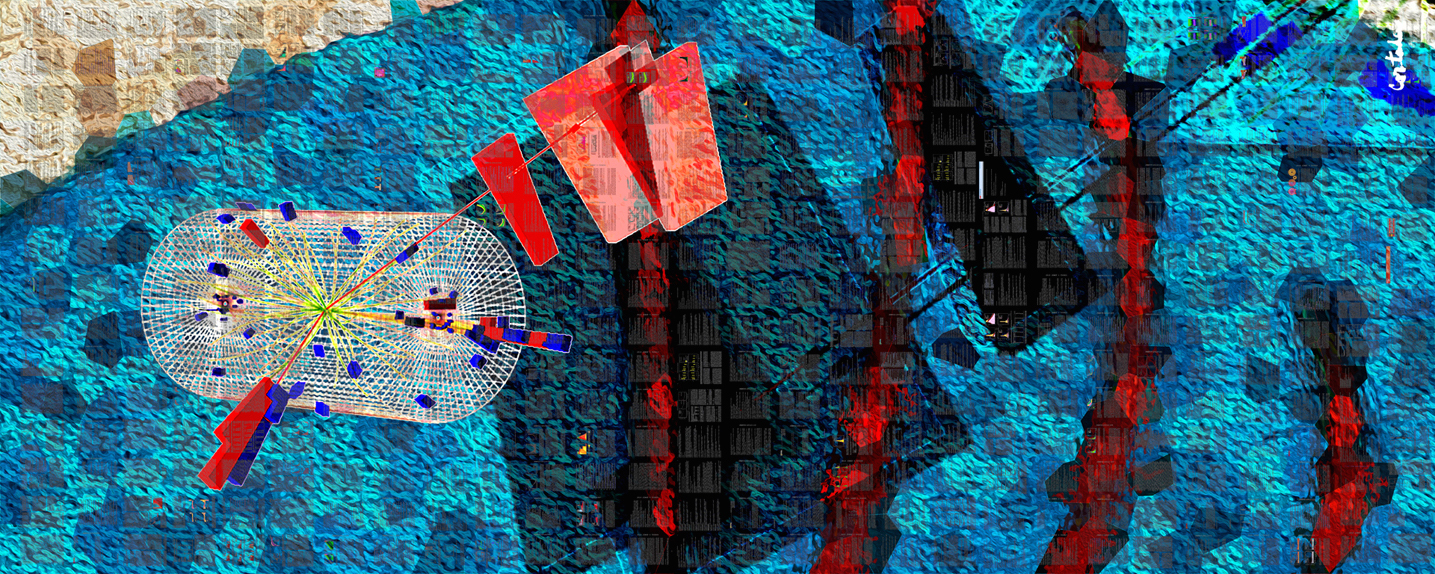
|
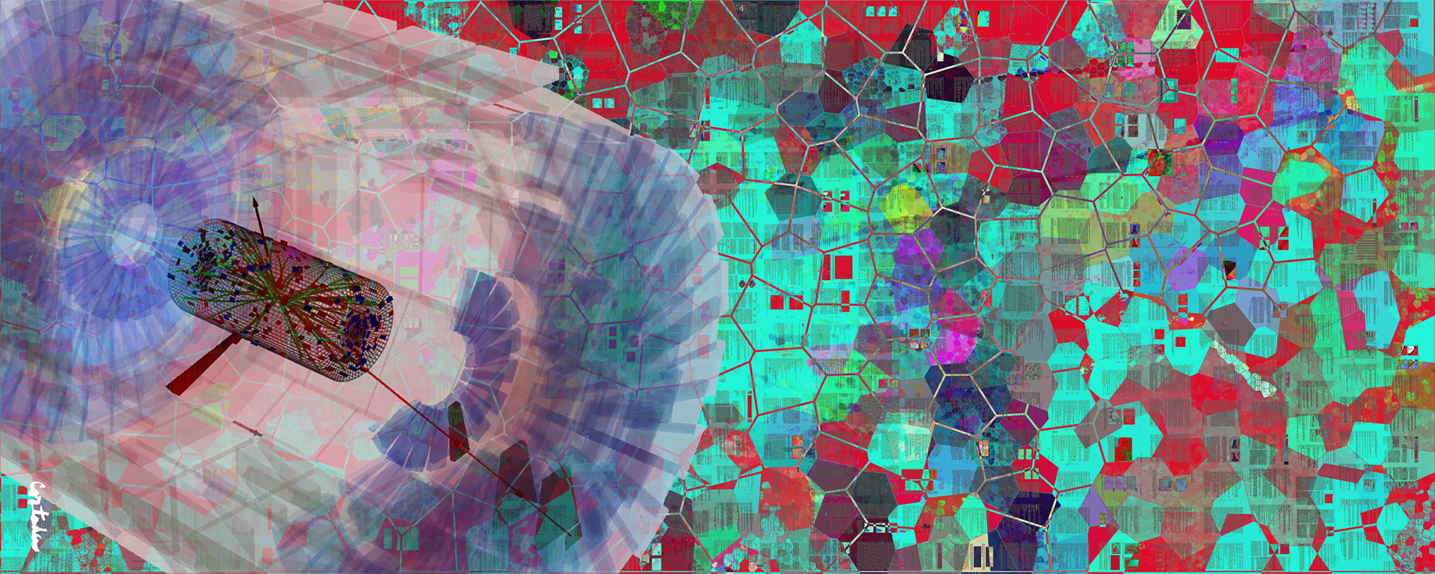
|